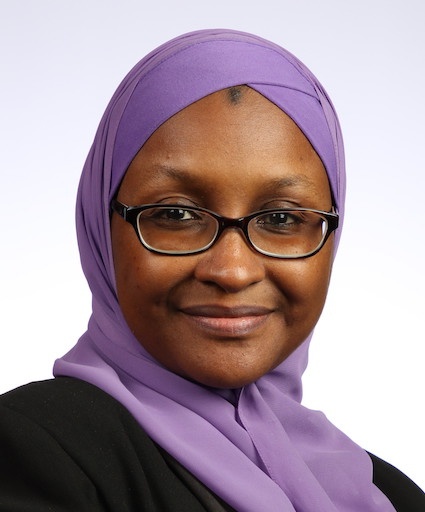Stroke is a devastating complication of sickle cell anemia (SCA) occurring in approximately 11% of children affected with the disease in resource-limited countries, compared to 1% in high-income countries. Nigeria bears 50% of childhood SCA's global burden, and stroke is a frequent complication leading to increased death and disability.
Evidenced-based protocols for primary stroke prevention include transcranial Doppler (TCD) screening measurements, regular blood transfusions, and hydroxyurea therapy. In high-income countries, this treatment protocol reduces stroke by 92%. However, in low-resource settings, the implementation of this treatment protocol is often unattainable. In Nigeria, TCD screenings are limited to tertiary hospitals.
After completing enrollment in the multi-center trial, "Primary Stroke Prevention in Children with Sickle Cell Disease in Nigeria (SPRING)" in 2017 at Barau Dikko Teaching Hospital in Kaduna, Nigeria, TCD screening was adopted as the standard of care. However, with three radiologists certified in TCD screening, only 5.4% of the eligible children with SCA in Kaduna were reached.
To address this problem, Halima Bello-Manga, MBBS, MPH of Barau Dikko Teaching Hospital/Kaduna State University (BDTH/KASU) will conduct a clinical trial to compare a primary stroke prevention program implemented in a physician-based teaching hospital versus task shifting the program to specially trained nurses in a community hospital in Kaduna, Nigeria. Dr. Bello-Manga also seeks to identify barriers and facilitators that influence the intervention's adaptability, including implementation. The project will build capacity for stroke detection and prevention in childhood SCA in a community hospital.
Dr. Bello-Manga's Emerging Global Leader Award (K43) supports early-career research scientists from low- to middle-income countries. "Receiving the K43 award was really awesome. I am so excited at this amazing opportunity to help improve the care of children with sickle cell disease in Nigeria. I wish to thank my mentors Dr. Michael DeBaun of Vanderbilt, Dr. Allison King of Washington University, Dr. Abdulkadir Tabari of BDTH/KASU, and the SPRING team, for their support and encouragement," said Bello-Manga.
More children can be reached by task-shifting TCD screening to nurses in a community hospital. This strategy is expected to increase access for affected children and deliver care for those with increased stroke risk and decrease stroke incidence among children with SCA living in Kaduna and elsewhere.
With support from a career development award from the Fogarty International Center and National Institute of Neurological Disorders and Stroke (NINDS), Dr. Bello-Manga will serve as Principal Investigator of this program. Her SCA expertise and her experience as a Vanderbilt Institute Research Development and Ethics Scholar (VIRDE) contributed to this award. The VIRDE Mock study section team reviewed an earlier version of the program proposal during her fellowship at Vanderbilt University Medical Center.
